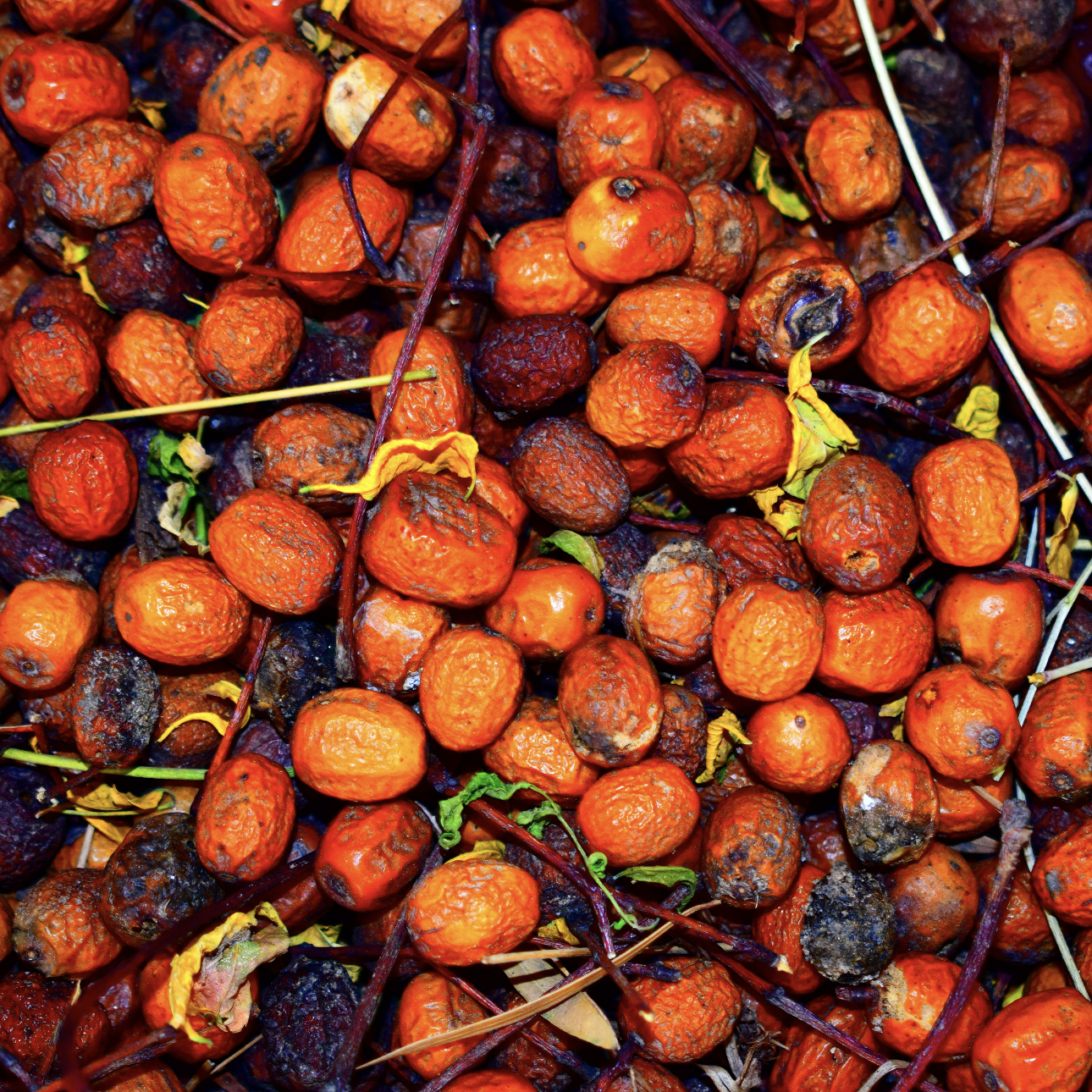
Palm oil
Palm oil is the most widely used vegetable oil globally and is found in a range of food, household and beauty products.
Palm oil production typically requires less than 50% of the land that other crops need to produce the same volume of oil. Despite this efficiency, high levels of demand bring greater risks of deforestation, peatland drainage and human rights issues faced by local communities and plantation workers.
Soy
The vast majority of soy we use is found in animal feed.
To help tackle the challenge of deforestation seen as a result of soy production, we are working to ensure 100% of soy we use in our products is sourced from verified deforestation and conversion-free supply chains by the end of 2025.


Tea and coffee
We don’t only source the best-tasting, quality tea and coffee from growers and cooperatives around the world. We also work to ensure they are produced to high environmental and social standards.
Cocoa
We use cocoa in more than 1,000 M&S products, including our chocolate bars, cakes, biscuits and desserts.
We’ve been working to improve our approach to sourcing more sustainable cocoa, focusing on the future viability of cocoa as an ingredient and helping improve cocoa growers’ lives.
We work in partnership widely across the industry and are committed to joining efforts to improve cocoa sustainability.


